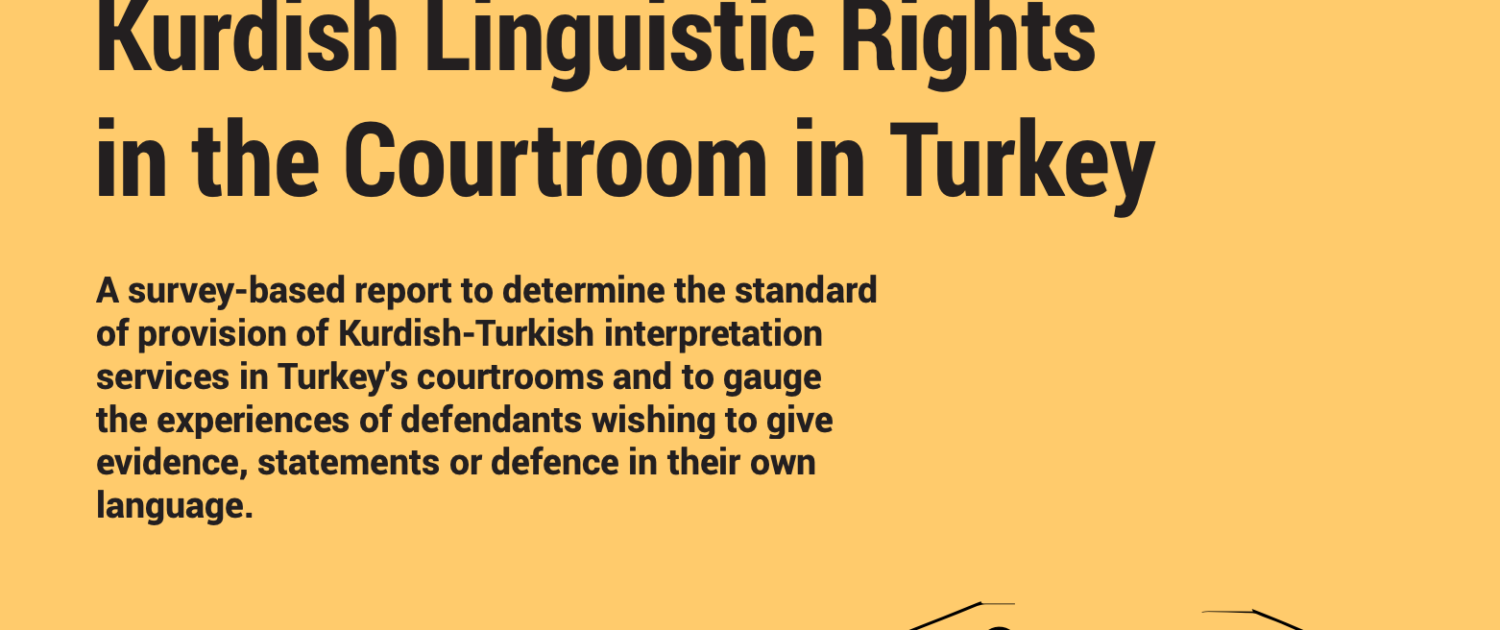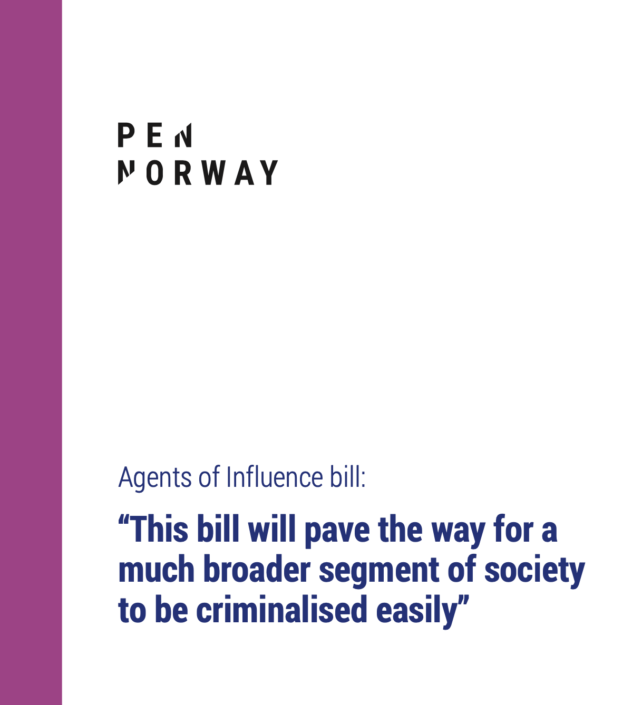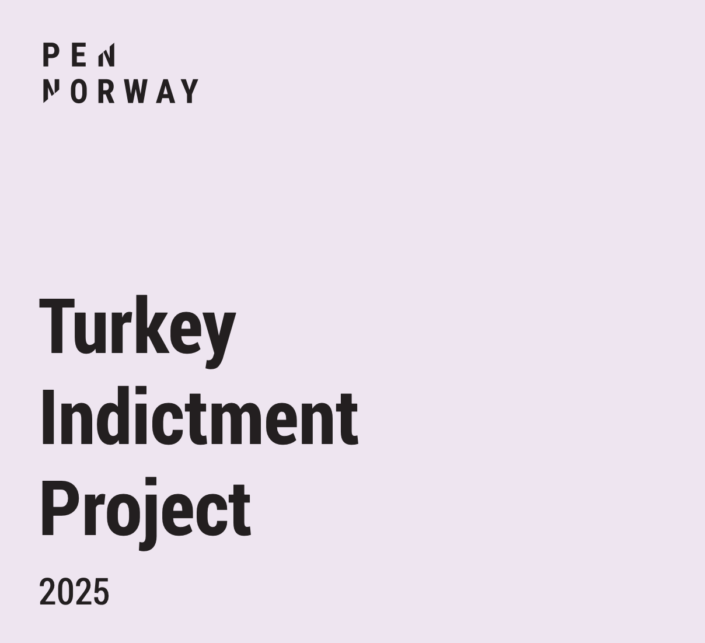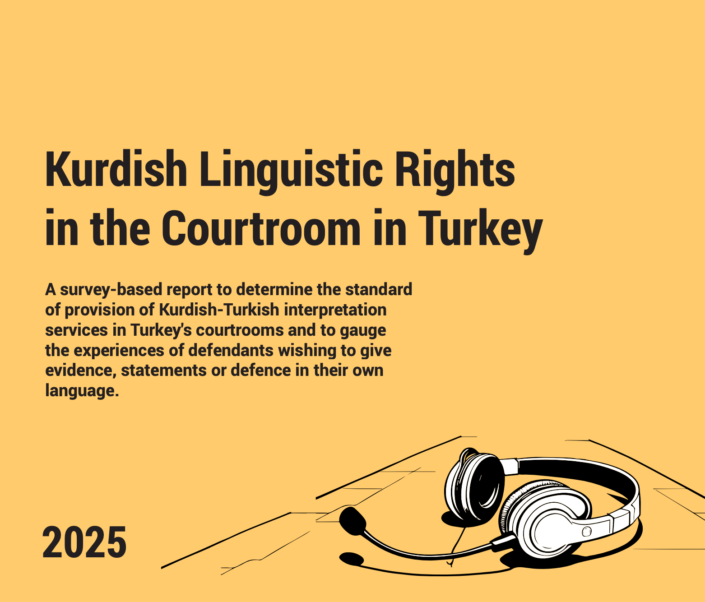Recommendations:
1. It is recommended by PEN Norway that the authorities in Turkey establish an independent body to train, examine (bi-annually) and maintain a register of qualified interpreters in Kurdish-Turkish legal interpreting. Serious attempts should be made to ensure gender balance on said register.
2. We further recommend that courses be offered not only in Kurdish and Turkish legal interpreting, but for all languages supported in the courts in Turkey. An example is PEN Norway’s workshop held in conjunction between TOHAV (Toplum ve Hukuk Araştırma Vakfı) beginning 14 October, 2024 in Istanbul, Turkey, in which 15 interpreters received 12 training sessions focusing on the law in general, on sight translation, Turkish-Kurdish and Kurdish-Turkish written, consecutive and simultaneous interpreting, as well as an initial lecture on ethics and impartiality in relation to courtroom interpreting.
3. We further recommend that a committee of experts should be established to assess the need for an independent institution to initiate and oversee examinations for a qualification in interpreting and translating in the courtroom.
4. It is recommended that the UK’s Institute of Linguists and its DPSI (Diploma in Public Service Interpreting) is taken as a model and that care is taken and investment made to consult and to begin to implement such a system via an independent institution in Turkey.
5. We would recommend that, whilst the Kurdish language remains such a source for discrimination in the judicial system, steps are taken to further protect and ensure the rights of its speakers in the courts at every level in Turkey, either by way of the establishment of a category for signatories to the Charter on Regional or Minority Languages that can be signed (and on examination, current signatories have the option to ‘select’ the categories they wish to implement) by member states of the Council of Europe rather than only the EU, or by way of more stringent articles being added to existing legislation in order to address the lack of regulation of interpreting in the courtrooms in Turkey.
6. We would recommend that the authorities in Turkey enter into dialogue with the relevant offices in the Council of Europe’s Directorate-General for Neighbourhood and Enlargement Negotiations in order to discuss funding and training for such crucial reforms in the securing of linguistic rights within the judicial system in Turkey












 https://commons.wikimedia.org/wiki/File:De_nordiska_l%C3%A4ndernas_flaggor_(Sverige,_Finland,_Norge,_Danmark,_Island).jpg
https://commons.wikimedia.org/wiki/File:De_nordiska_l%C3%A4ndernas_flaggor_(Sverige,_Finland,_Norge,_Danmark,_Island).jpg